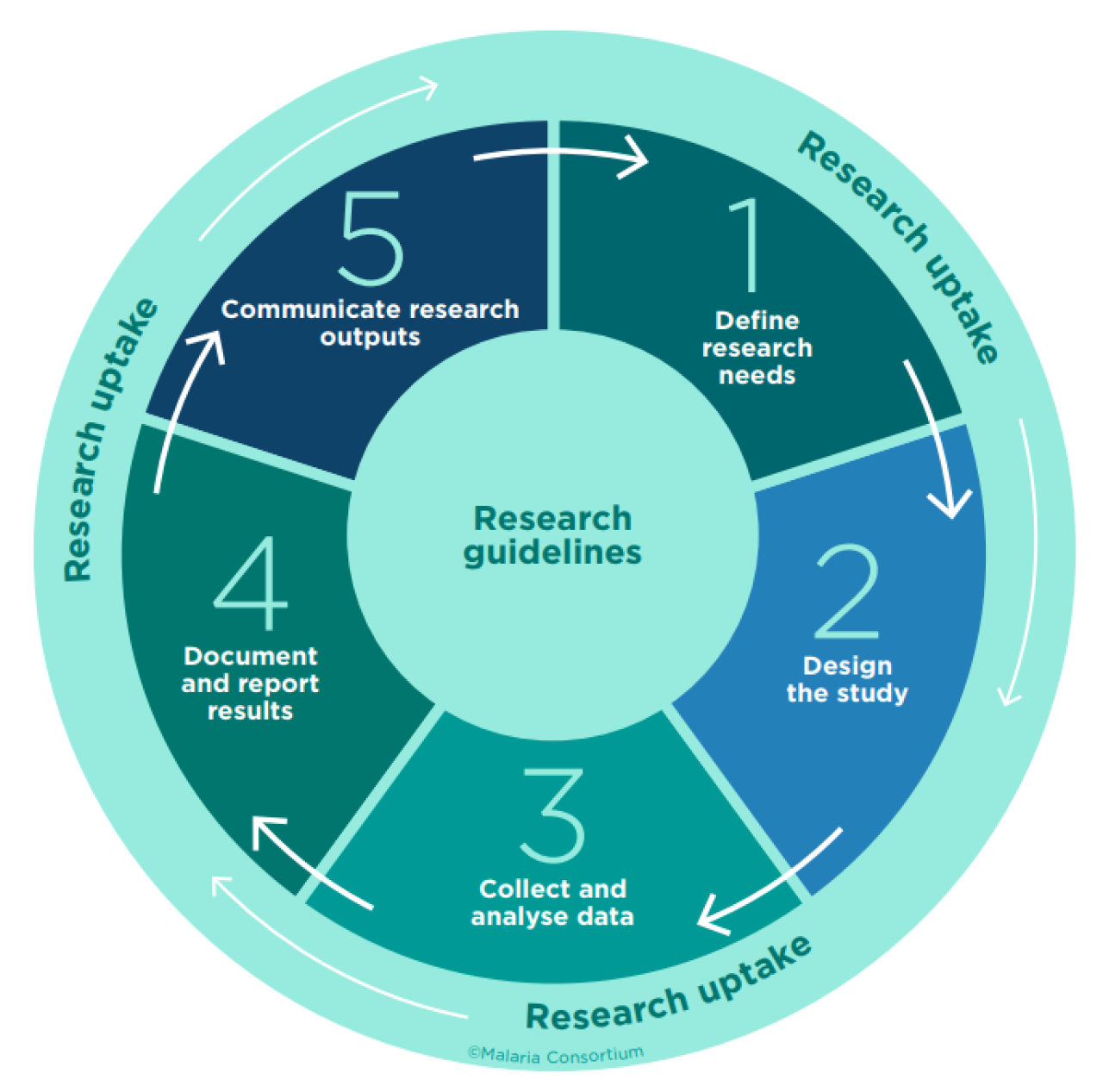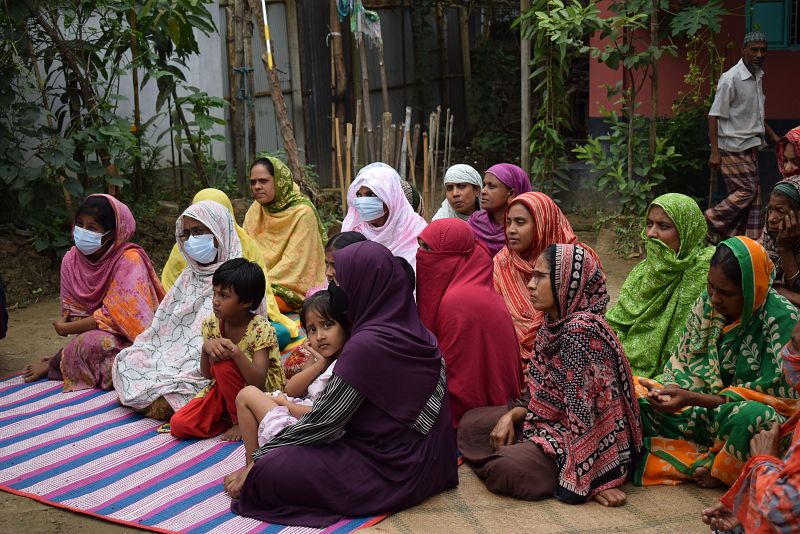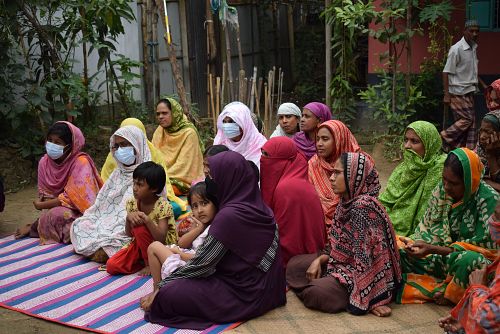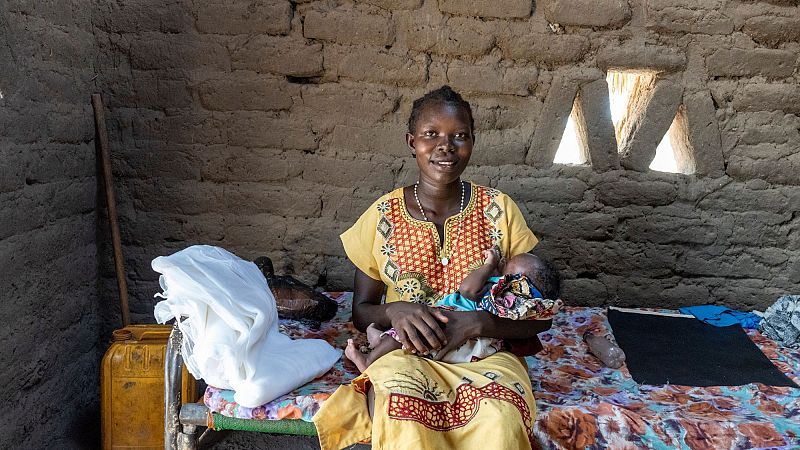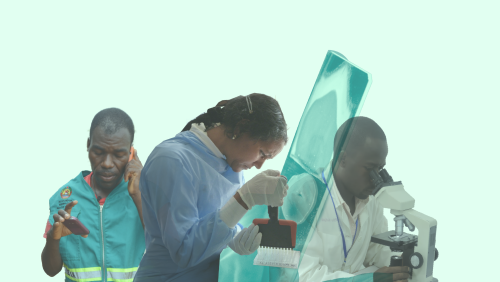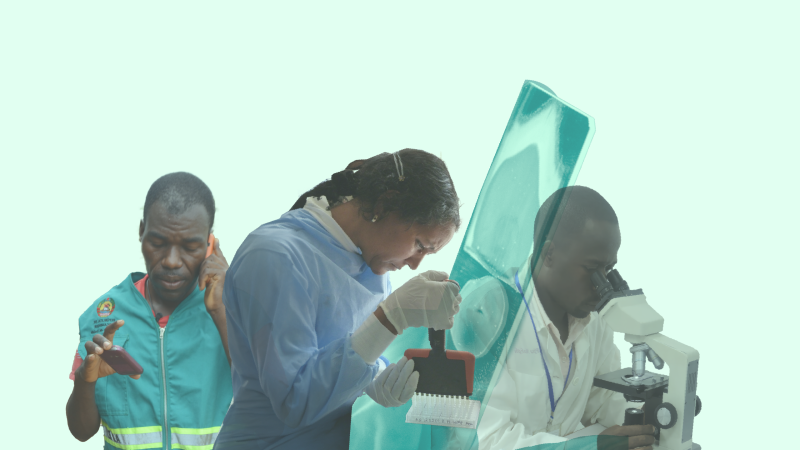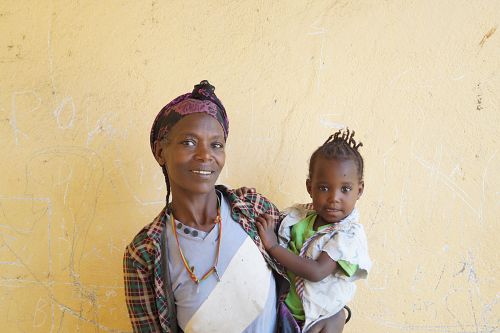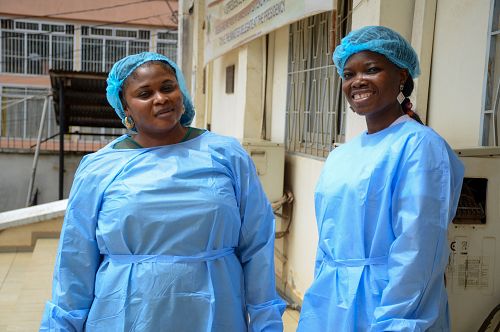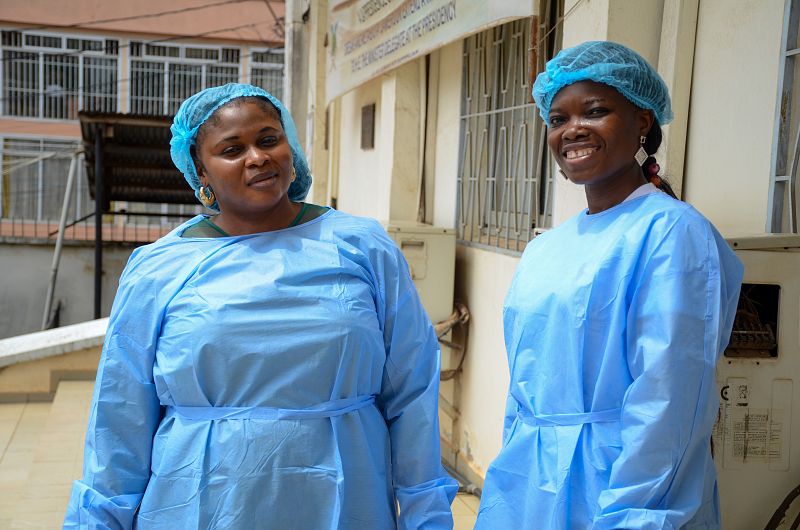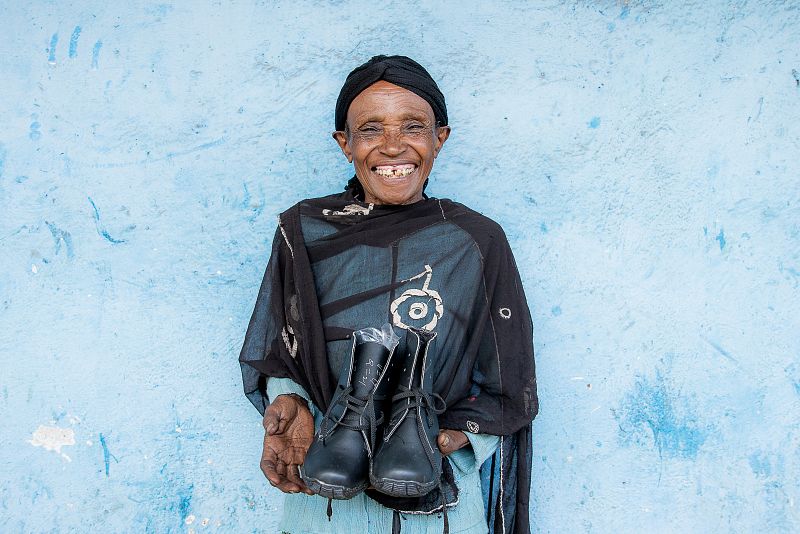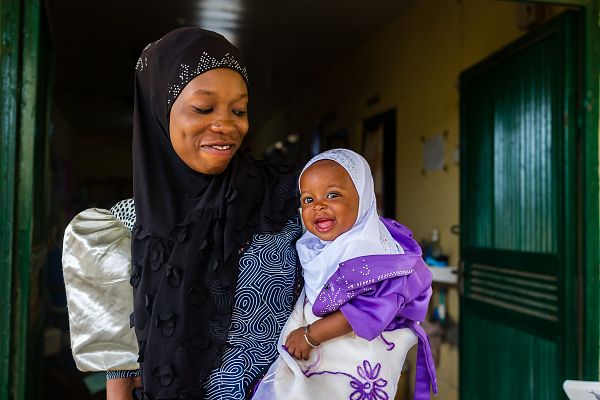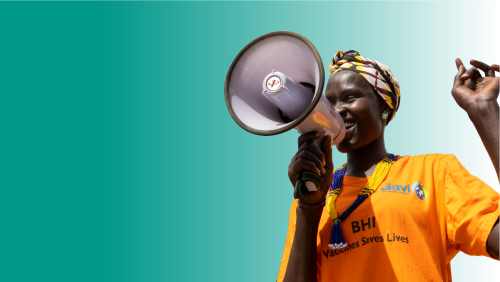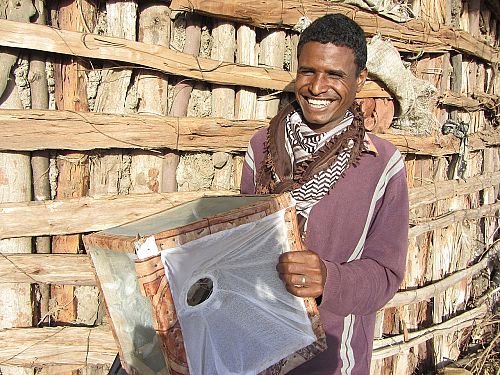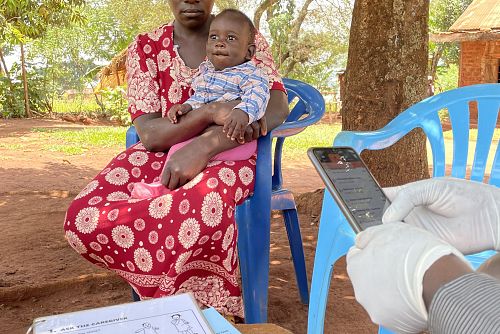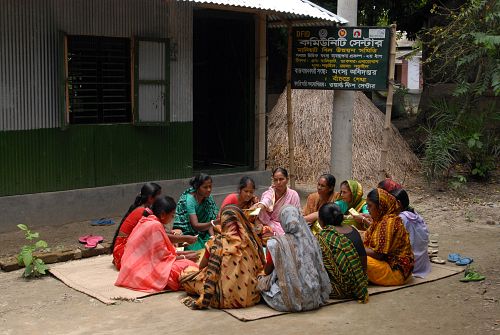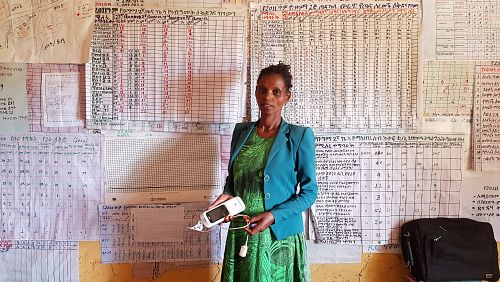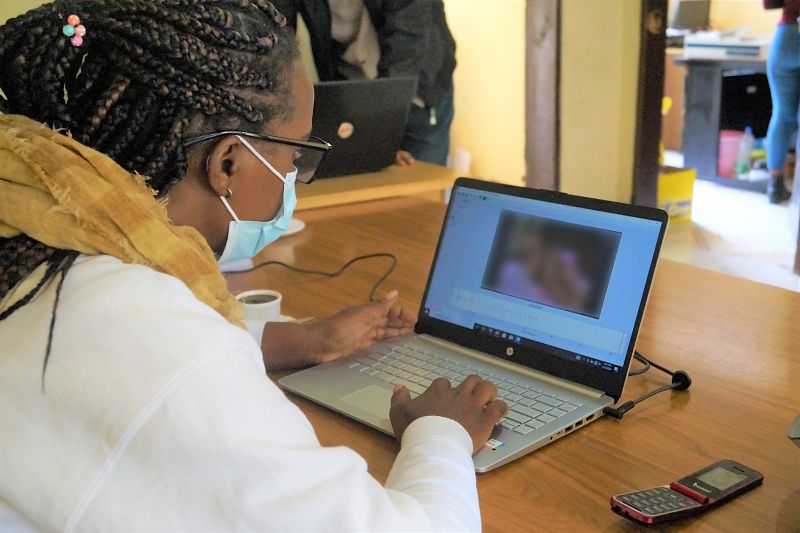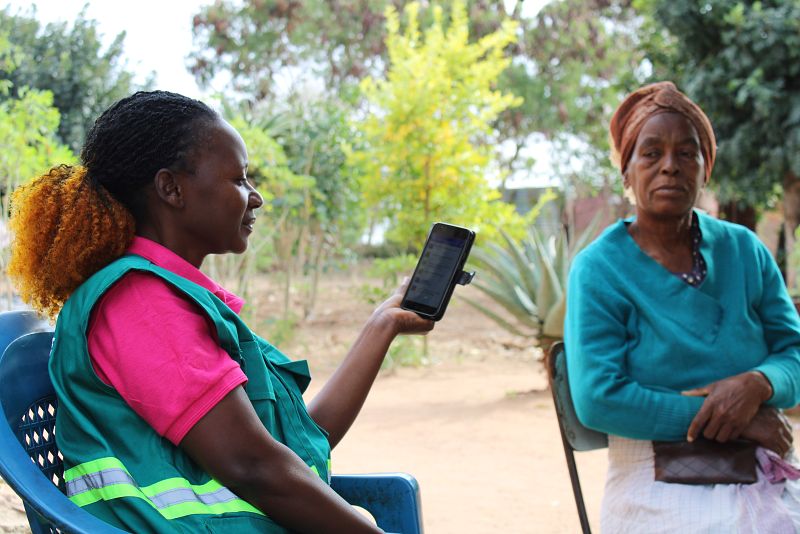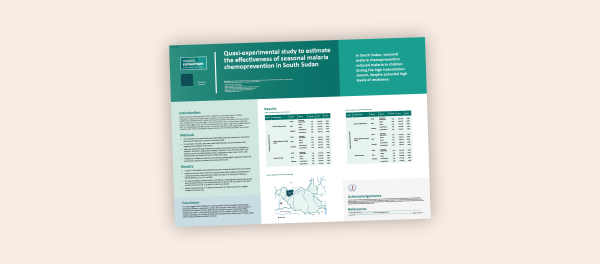Our unique scope
We are committed to ensuring that our all work, programmes and advocacy are underpinned by strong evidence and grounded in the lessons we learn through implementation. We do this by:
- pioneering best practices and setting standards for our research with a suite of policies, guidelines and resources for good research conduct across the research cycle
- striving to ensure the highest levels of rigour and integrity so that our national and international partners, the wider public and other stakeholders can have confidence in the research we produce
- putting our research findings into practice or implementation at scale within health systems
- seeking to actively influence policy at national and global levels.
Research integrity
Malaria Consortium strives to ensure the highest levels of rigour and integrity so that our national and international partners, the wider public and other stakeholders can have confidence in the research we produce. In doing so, Malaria Consortium endorse the Concordat to Support Research Integrity published by Universities UK in 2021.
Malaria Consortium has developed and operationalised two policies to ensure research conducted conforms to international standards of rigor and integrity throughout the research cycle:
Research and Evaluation Ethics Policy
Research uptake
Research Uptake is the use of research evidence by researchers, policy makers, implementers or practitioners to inform practice or policy. At Malaria Consortium all new projects are required to develop a plan for engaging with relevant stakeholders. This helps to ensure our research is relevant to and aligns with country priorities and maximises opportunities to influence policy and practice.
Guide to developing and monitoring a research uptake plan
Research cycle:
Malaria Consortium has worked hard to develop and operationalise clear policies, guidelines and resources to support our research, and learning and training materials to strengthen capacity to conduct high quality research. The research cycle and associated resources help staff to conform to the highest standards of rigor when planning and designing a study, obtaining ethical approval, conducting the research, reporting and sharing the findings and communicating outputs in a range of formats to a variety of stakeholders.
